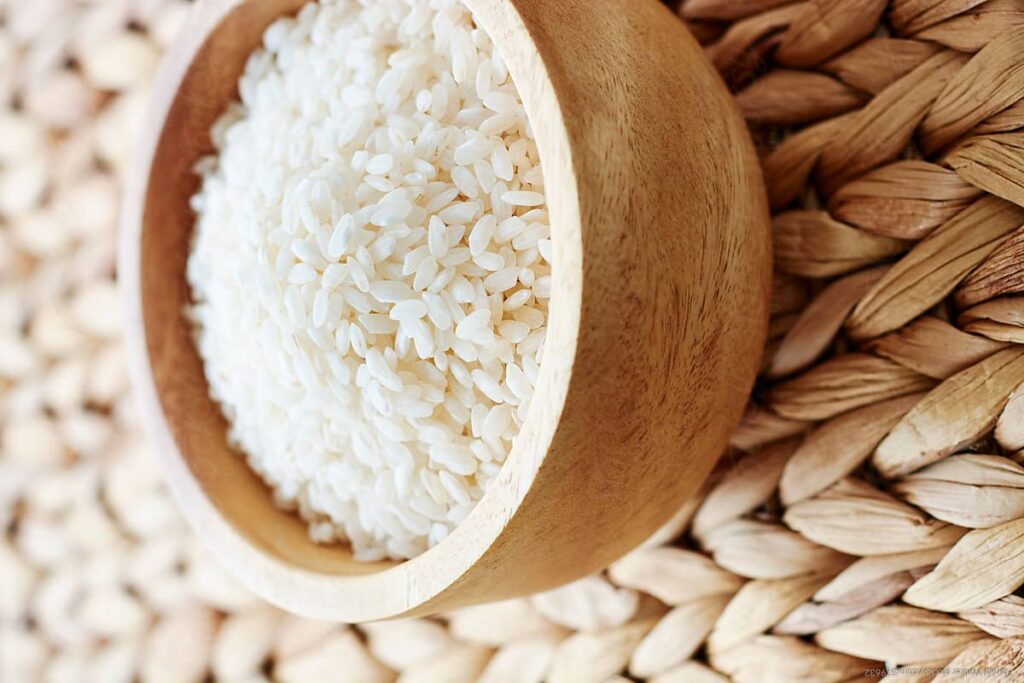
More than just a buzzword, sustainability serves as a strategic benefit to businesses that can amp up their value in the wholesale rice market. By emphasizing environmentally friendly sourcing, helping out local farmers, and cutting waste, businesses can create a successful and ecologically responsible company model.
Environmentally Friendly Sourcing: Organic Rice’s Place in Bulk Markets
In order to satisfy the needs of environmentally concerned customers and help conserve the planet, sourcing organic rice has emerged as an essential development in sustainable wholesale operations.
The Environmental Advantages
By doing away with artificial fertilizers and pesticides, organic rice improves soil health and lowers water pollution. Because it promotes the growth of natural ecosystems around rice fields, its cultivation contributes to biodiversity.
Growth of the Organic Options Market
Companies can profit from an expanding market of consumers who prefer sustainable and healthful food options by investing in organic rice. By incorporating organic rice into their products, manufacturers, eateries, and retailers can increase sales and brand appeal.
Adherence to International Sustainability Guidelines
Businesses present themselves as compatible with global sustainability certifications like USDA Organic, EU Organic, or Fair Trade by sourcing organic rice. In addition to increasing trust, meeting these criteria provides access to international export markets where adherence to regulations is required. Additionally, these certifications show a dedication to ethical sourcing, which appeals to companies and customers who respect supply chain accountability and transparency.
Fostering Sustainable Partnerships That Benefit Local Farmers
By collaborating with nearby farmers, supporting regional development, and lowering their carbon impact, wholesale rice companies can bolster sustainability initiatives. Some of these are elaborated in detail below:
Benefits of Using Local Suppliers
Buying from nearby farmers fosters community development and reduces transportation-related emissions.
It guarantees a fresher product and helps small-scale growers make a living.
Promoting Eco-Friendly Behaviors
Businesses may encourage farmers to embrace sustainable farming practices, like water-saving irrigation systems and natural pest control methods, by providing them with fair compensation and technical assistance.
Cutting Down on Waste in Large-Scale Rice Production
A key component of environmentally friendly wholesale processes is waste reduction, which tackles productivity and environmental impact concerns. A few of the ways such wastage can be effectively managed and reduced include the following:
Effective Storage Options
Bulk rice must be stored properly to avoid spoiling. Methods like sealed packaging and controlled-temperature warehousing guarantee product quality while reducing waste.
Making Use of By-Products
Broken grains, bran, and rice husks are frequently disregarded yet can be turned into useful items.
For instance, bran is needed for cosmetics and animal feed, whereas husks might be utilized for construction or renewable energy.
Astute Inventory Control
Businesses may successfully track and manage stock, cut down on surplus, and minimize losses by implementing sophisticated inventory systems.
Key Takeaways
There is a rare chance for wholesale rice companies to set the standard for sustainability. By emphasizing organic sourcing, cultivating relationships with nearby farmers, and putting waste-reduction techniques into practice, they can improve their business practices and help protect the environment. Not only does sustainability benefit the environment, but it also benefits businesses by laying the groundwork for sustained prosperity and customer loyalty.














